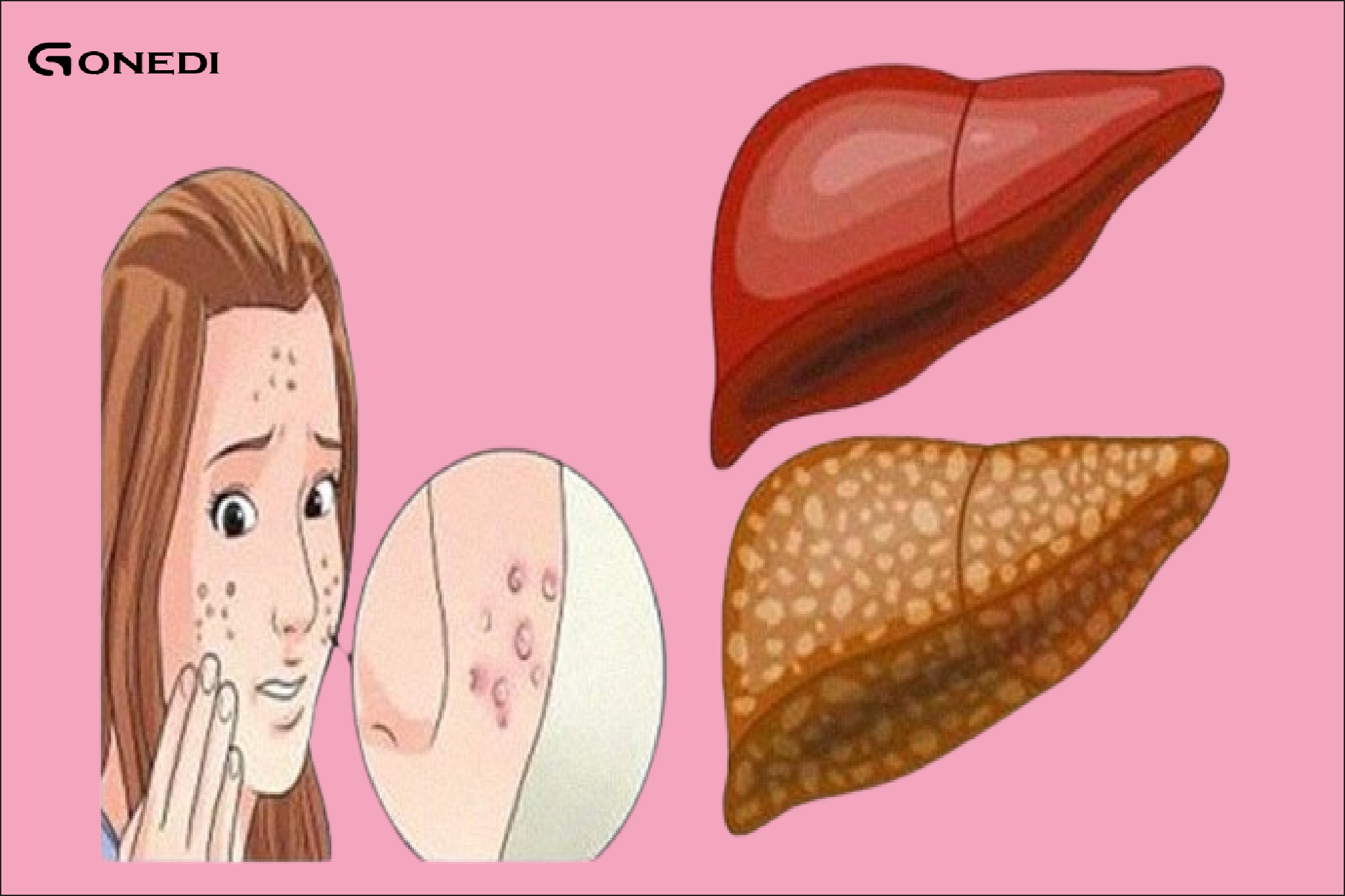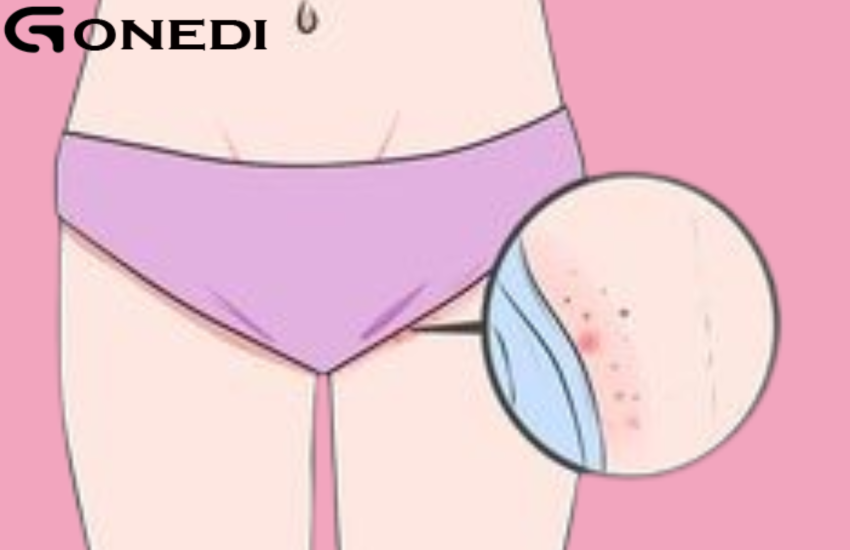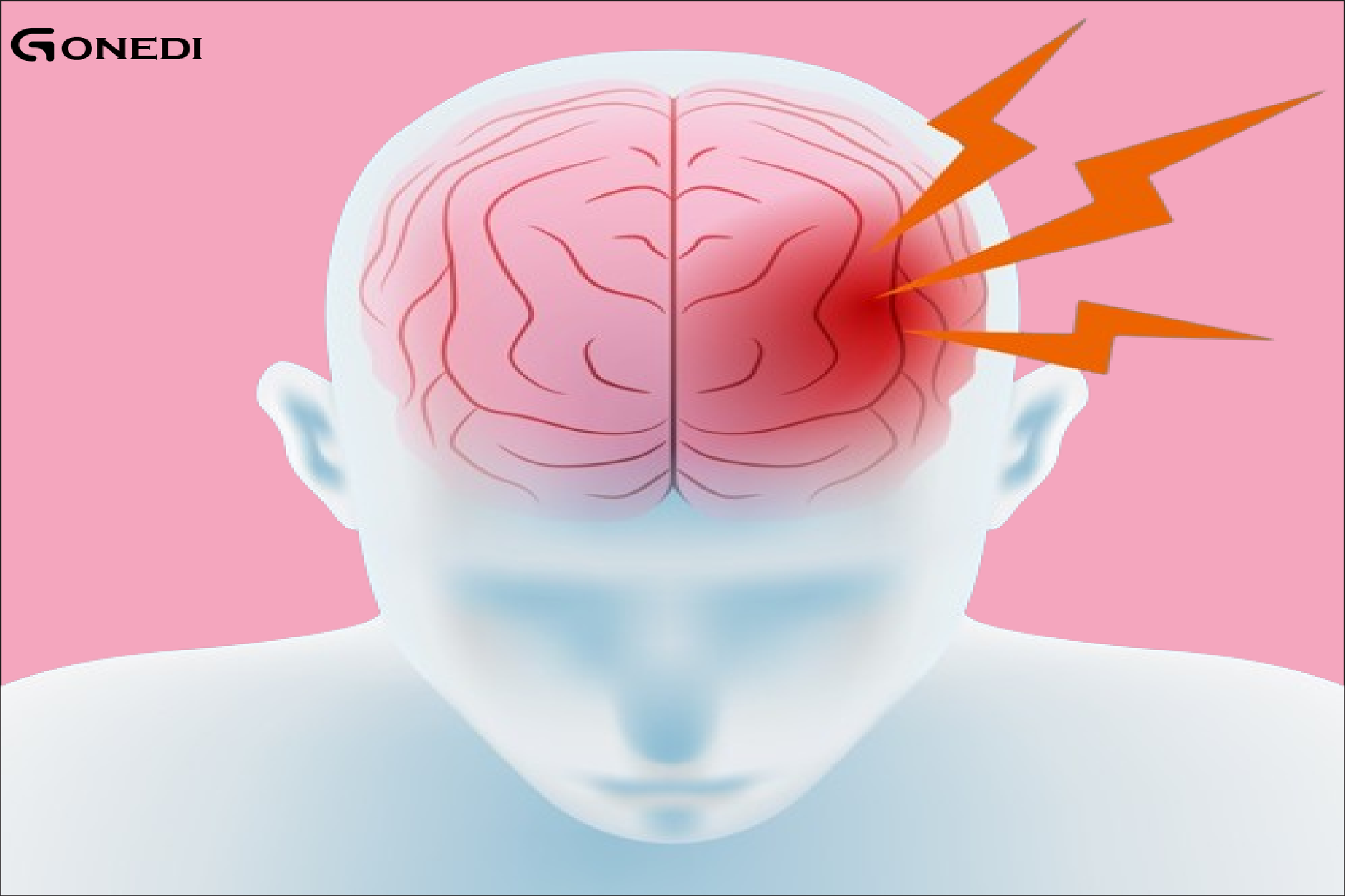Screening for liver toxins: 6 warning signs and strategies for recovery
The liver, one of the most vital organs in the body, plays an important role in detoxifying harmful substances and maintaining overall health. However, the buildup of toxins in the liver can lead to various health problems, including weight gain. In this article, we’ll delve into six clear warning signs that your liver may be overloaded with toxins, which could be contributing to weight gain. In addition, we will explore strategies to detoxify the liver and promote a healthier, more balanced lifestyle.
Unexplained weight gain
Surprisingly, the health of your liver can affect your weight. Excess liver can hinder its ability to efficiently metabolize fat, leading to unexplained weight gain. Understanding the relationship between liver function and weight gain is crucial in addressing this problem.
Fatigue and lack of energy
A sluggish liver overloaded with toxins can leave you feeling constantly tired and drained. As toxins build up, your body’s energy levels can drop, affecting your daily activities and overall quality of life.
Digestive problems and bloating
When the liver struggles to process toxins, this can affect digestion, leading to bloating, gas, and irregular bowel movements. Understanding this connection can help you tackle digestive issues at their root.
Skin problems and acne
Your skin reflects your inner health. Liver congestion can lead to skin problems such as acne, eczema, or skin rashes due to the body’s efforts to get rid of toxins through the skin. Learning to decipher these signals can lead to effective detoxification.
Mood swings and constant brain fog
Toxic liver can negatively affect brain function, leading to brain fog, difficulty concentrating, and mood swings. Recognizing these cognitive and emotional changes can direct you toward liver support measures.
Sugar cravings and insulin resistance
An overload on the liver can affect blood sugar regulation and insulin sensitivity, leading to sugar cravings and an increased risk of insulin resistance. Resolving this association can help you make informed dietary choices.
Strategies for restoring liver health and detoxification:
Hydration and a balanced diet
Staying hydrated and consuming a well-balanced diet rich in whole foods, antioxidants and fiber can support the liver’s natural detoxification processes.
Include liver-friendly foods
Certain foods such as leafy greens, cruciferous vegetables, garlic and turmeric can help detoxify the liver and improve overall function.
Regular exercise and physical activity
Engaging in regular physical activity can boost blood circulation, which helps the liver get rid of toxins more efficiently.
Managing stress and prioritizing sleep
Chronic stress and insufficient sleep can overburden the liver. Prioritizing relaxation techniques and good sleep can contribute to liver health.
Limit alcohol and processed foods
Reducing alcohol consumption and avoiding processed foods can take the load off the liver and promote healing.
Consult a healthcare professional
If you suspect liver problems, see your healthcare professional for a proper diagnosis and instructions tailored to your specific needs.
Feed your liver and your health
Liver health is central to your overall well-being. By recognizing these six warning signs of liver toxicity and understanding their impact on weight gain, you can take proactive steps to detox and restore it. Adopting liver supportive strategies, such as eating a balanced diet, exercising, managing stress and seeking professional advice, can pave the way to a healthier and more vibrant life. Remember, liver health is an investment in your long-term vitality.


